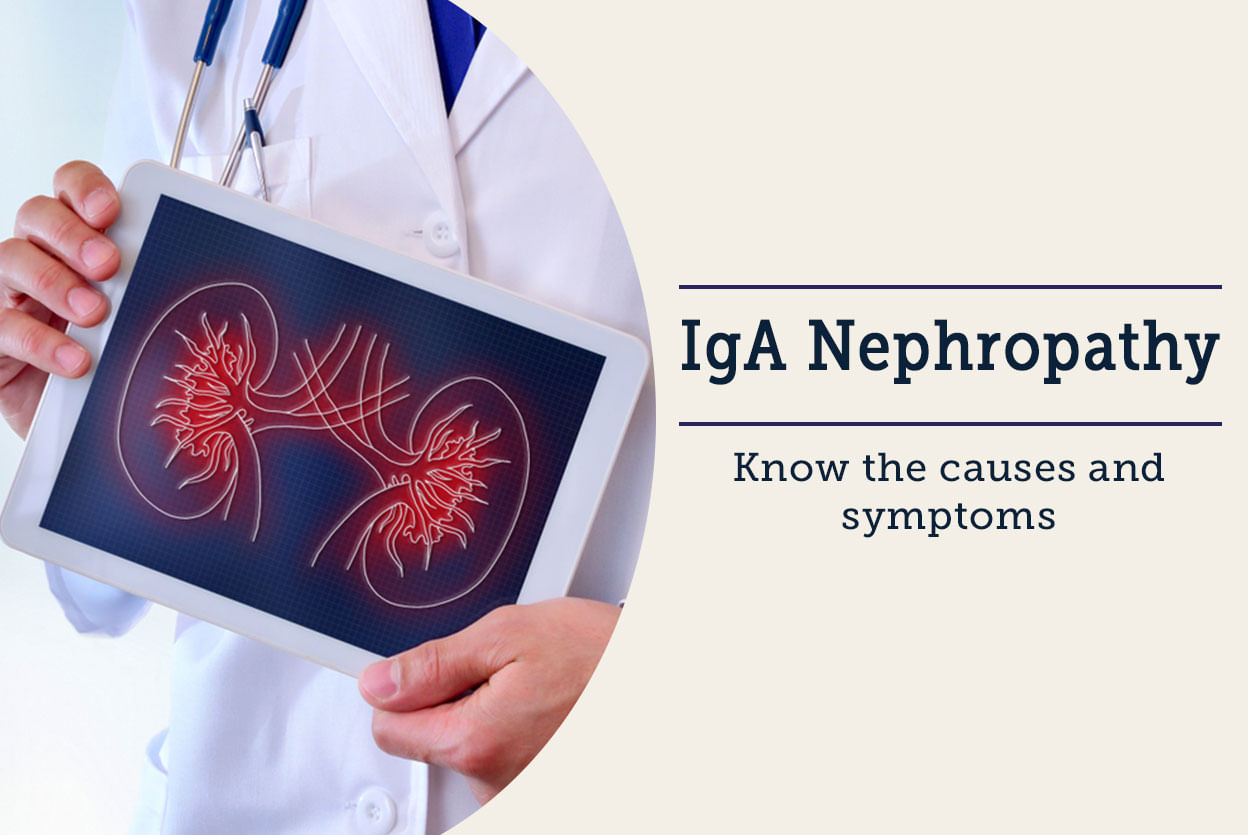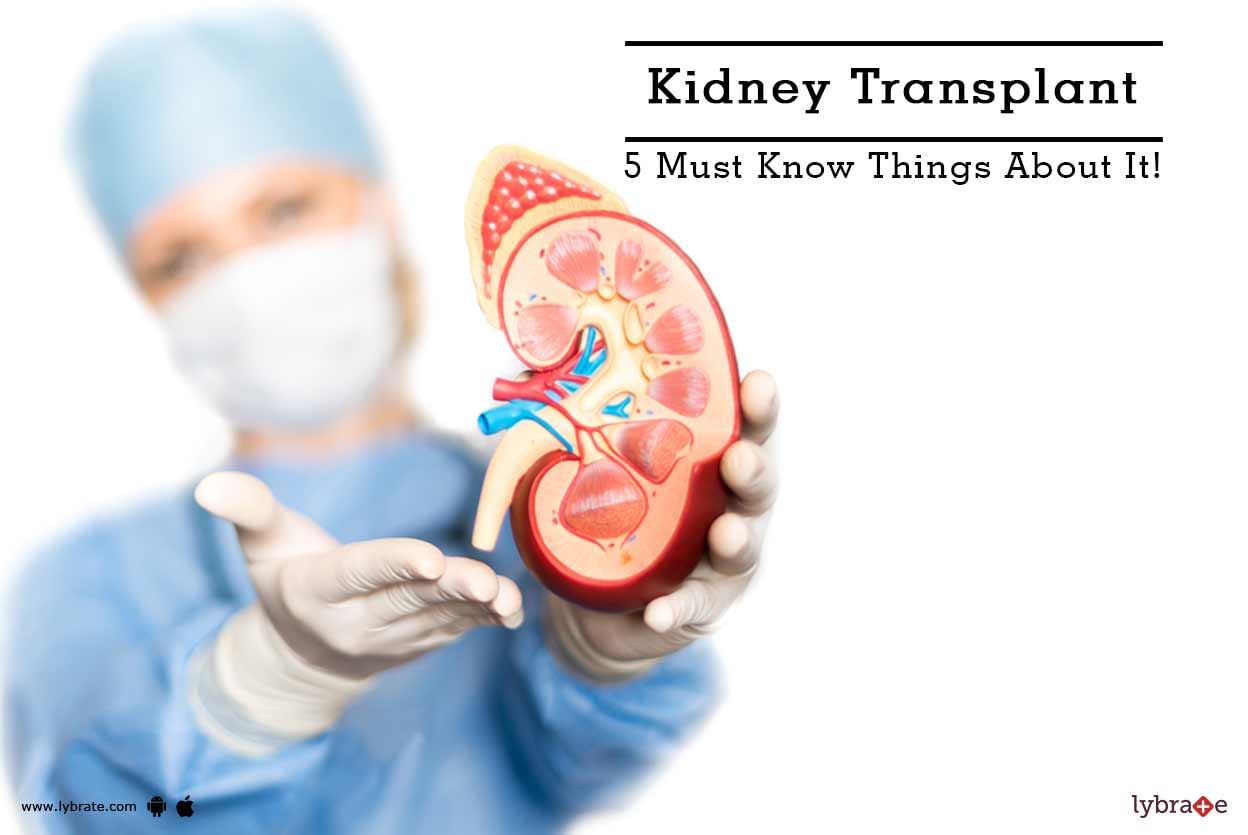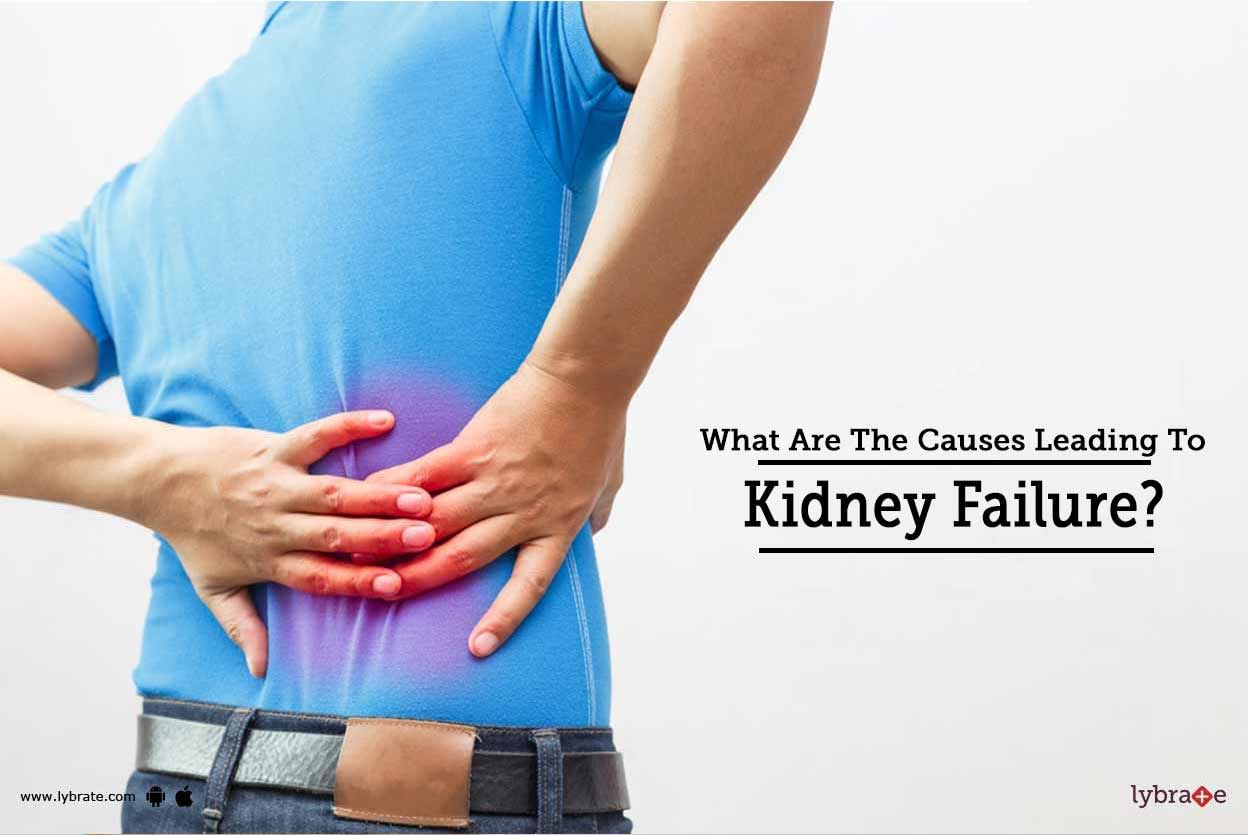Get the App
For Doctors
Login/Sign-up
About
Health Feed
Find Doctors
Health Packages
AllQ&AsTipsQuizzes
Polycystic Kidney Disease Tips
Last Updated: 6 years ago• Featured Tip
Share
Bookmark
Report
Alport syndrome is a genetic or hereditary disorder, which destroys the blood vessels in glomeruli of the kidneys. Eventually, it can lead to serious kidney diseases and even kidney failure. The Alport syndrome is also characterized by loss of hearing and development of eye abnormalities.
What is the cause of Alport Syndrome?
This ailment may be passed on to you if someone you are related to by blood has this condition. Genetic mutations bring about changes in the protein calle...more
What is the cause of Alport Syndrome?
This ailment may be passed on to you if someone you are related to by blood has this condition. Genetic mutations bring about changes in the protein calle...more
1 people found this helpful
Last Updated: 6 years ago• Featured Tip
Share
Bookmark
Report
IgA nephropathy is also called Berger s disease. This kidney disease happens when your body produces too much of the antibody immunoglobulin A (IgA) and it builds up in the kidneys. As a result, the kidneys swell up and eventually, affect the functionality of these organs. The progression of the illness is slow but relentless. The pace depends from one person to the next.
What are the symptoms of IgA nephropathy?
In the very early stages, IgA nephropathy does not reveal any sym...more
What are the symptoms of IgA nephropathy?
In the very early stages, IgA nephropathy does not reveal any sym...more
3 people found this helpful
Last Updated: 6 years ago• Featured Tip
Share
Bookmark
Report
Nephrectomy is a surgical procedure where the kidney is removed. It can be just the one kidney or both. This procedure is resorted to in cases of kidney cancer and other kidney problems. It is also done during kidney transplantation where a healthy kidney is removed from a donor.
Types of nephrectomy
Nephrectomy is of two types partial and radical.
In a partial nephrectomy, only the diseased parts of the kidney are removed. In the radical variant, the entire kidney a...more
Types of nephrectomy
Nephrectomy is of two types partial and radical.
In a partial nephrectomy, only the diseased parts of the kidney are removed. In the radical variant, the entire kidney a...more
Last Updated: 6 years ago• Featured Tip
Share
Bookmark
Report
A kidney biopsy is a procedure where the doctor extracts a piece of kidney tissue and examines it to look for signs of damage and disease.
Why is a kidney biopsy done?
Usually, doctors prescribe kidney biopsy if they suspect you have a kidney problem, to determine how severe your kidney disease is or to monitor kidney treatment. If you have a kidney transplant and your kidneys are working properly then you might need a kidney biopsy too.
A few other reasons why a kidne...more
Why is a kidney biopsy done?
Usually, doctors prescribe kidney biopsy if they suspect you have a kidney problem, to determine how severe your kidney disease is or to monitor kidney treatment. If you have a kidney transplant and your kidneys are working properly then you might need a kidney biopsy too.
A few other reasons why a kidne...more
Last Updated: 6 years ago• Featured Tip
Share
Bookmark
Report
A kidney transplant is a procedure that employs an operation to transplant properly functioning kidney in the body. The main job of the kidneys is to remove the excess waste from a person s body with the help of a filtration process. When the kidneys stop filtering the toxins properly, they become diseased as harmful waste products and toxins begin to accumulate in the body. Following this, the patient has to go through treatment measures like dialysis or kidney transplant.
Read on to k...more
Read on to k...more
Last Updated: 6 years ago• Featured Tip
Share
Bookmark
Report
Stone diseases are a part of health issues related to the urological system in our body. Depending on their position, they may be classified into kidney stones and ureteral stones. Stone diseases are extremely common in nature and if treated timely it does not cause much damage to the body.
Types of Stones in the Human Body:
There are four types of kidney stones and ureteral stones in the human body namely calcium, uric acid, struvite and cystine. The main difference between ...more
Types of Stones in the Human Body:
There are four types of kidney stones and ureteral stones in the human body namely calcium, uric acid, struvite and cystine. The main difference between ...more
Last Updated: 6 years ago• Featured Tip
Share
Bookmark
Report
Kidney Cancer, more commonly known as renal cancer, first presents itself in the lining of the kidney. It then grows malignant and forms a tumor. The good news is that renal cancer rarely spreads to other organs. The bad news is that the tumors grow quite large before they can be detected.
Causes-
Kidney cancer has been found to occur most often in people who are older than 40 years of age. Though the cause of cancer is not definitively known, there are a few factors that might incr...more
Causes-
Kidney cancer has been found to occur most often in people who are older than 40 years of age. Though the cause of cancer is not definitively known, there are a few factors that might incr...more
Last Updated: 6 years ago• Featured Tip
Share
Bookmark
Report
When people suffer from an accident through a high fall or an impact with a blunt object, a blunt abdominal trauma occurs and kidneys are the third most common organs that are impacted by the trauma. Kidney rupture is not much different from a ruptured spleen and it is nothing that cannot be treated.
As you all know, the kidneys are well protected by the ribs and abdominal muscles, but the lower portion of the kidneys are inferior and they are prone to the blunt trauma. Now, if you are ...more
As you all know, the kidneys are well protected by the ribs and abdominal muscles, but the lower portion of the kidneys are inferior and they are prone to the blunt trauma. Now, if you are ...more
Last Updated: 6 years ago• Featured Tip
Share
Bookmark
Report
The diagnosis, as well as management of pancreatic cystic lesions, is a general problem. Nearly 1% of the patients in the chief medical centers have been observed to have pancreatic cystic lesions on cross-sectional imaging. It has also been observed that a quarter of all pancreas scanned in an autopsy series contain pancreatic cysts. Earlier, these cystic lesions were regarded as benign but with increasing evidence made available from the cystic lesions, they are regarded as origin of pancreati...more
Last Updated: 6 years ago• Featured Tip
Share
Bookmark
Report
You may experience a kidney failure when your kidneys are unable to filter waste from your blood in a sufficient amount. Several factors such as toxic exposure to pollutants, extreme dehydration, kidney trauma and other chronic diseases may lead to kidney failure. The body gets overloaded with toxins, which may trigger kidney failure.
General Causes-
People prone to kidney failure generally suffer from one or several of these following conditions:
Loss of blood flow to the ...more
General Causes-
People prone to kidney failure generally suffer from one or several of these following conditions:
Loss of blood flow to the ...more
Book appointment with top doctors for Polycystic Kidney Disease treatment
View fees, clinic timings and reviews
Ask a free question
Get FREE multiple opinions from Doctors
posted anonymously
















